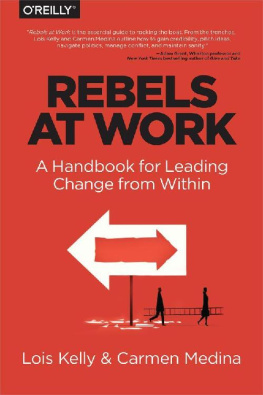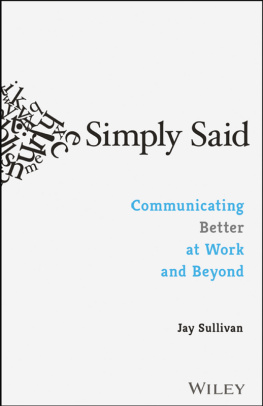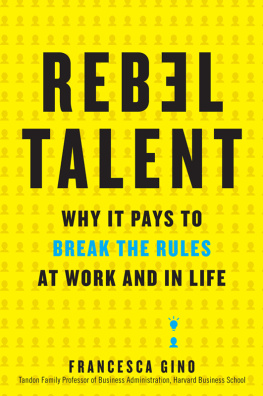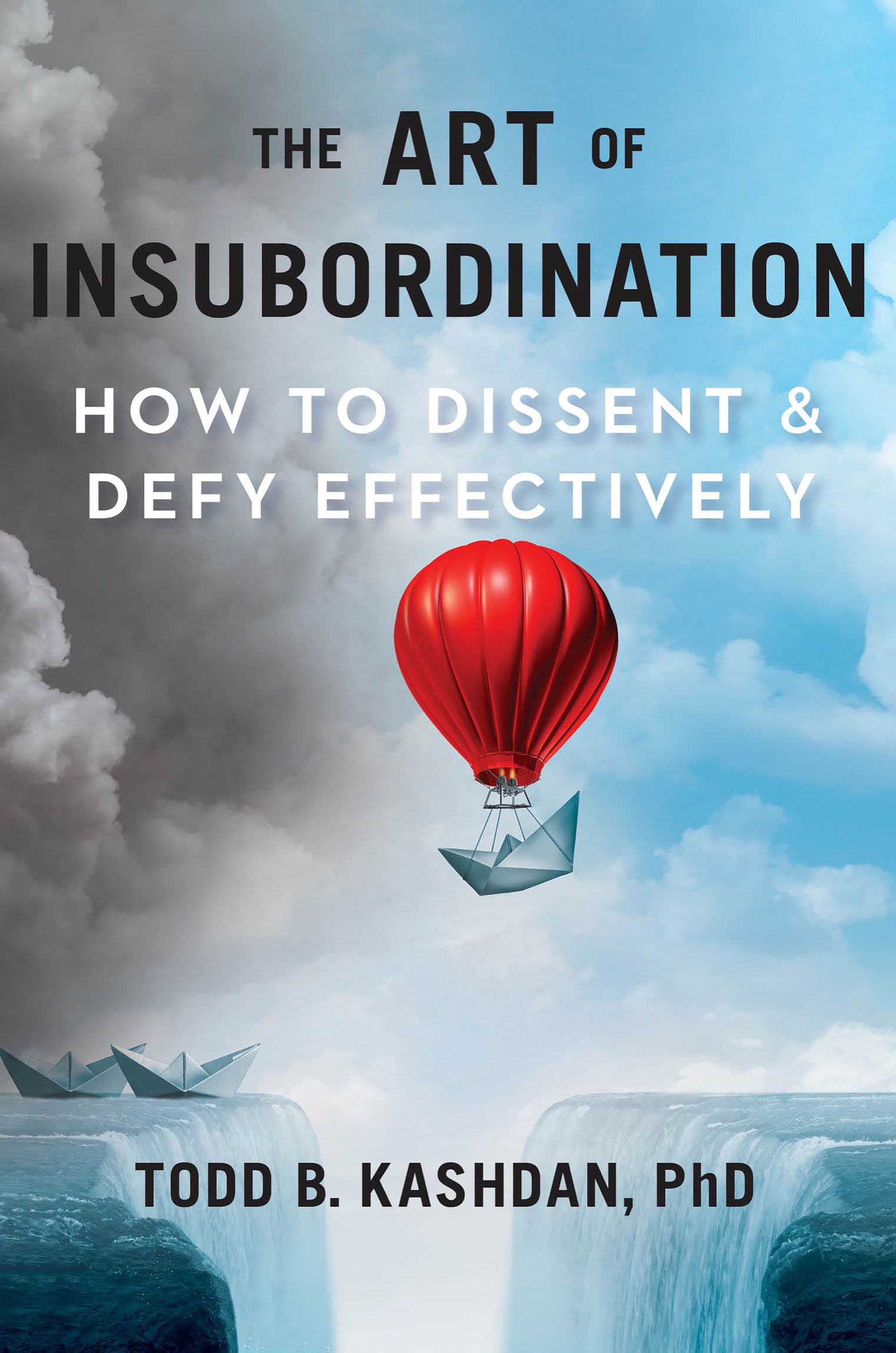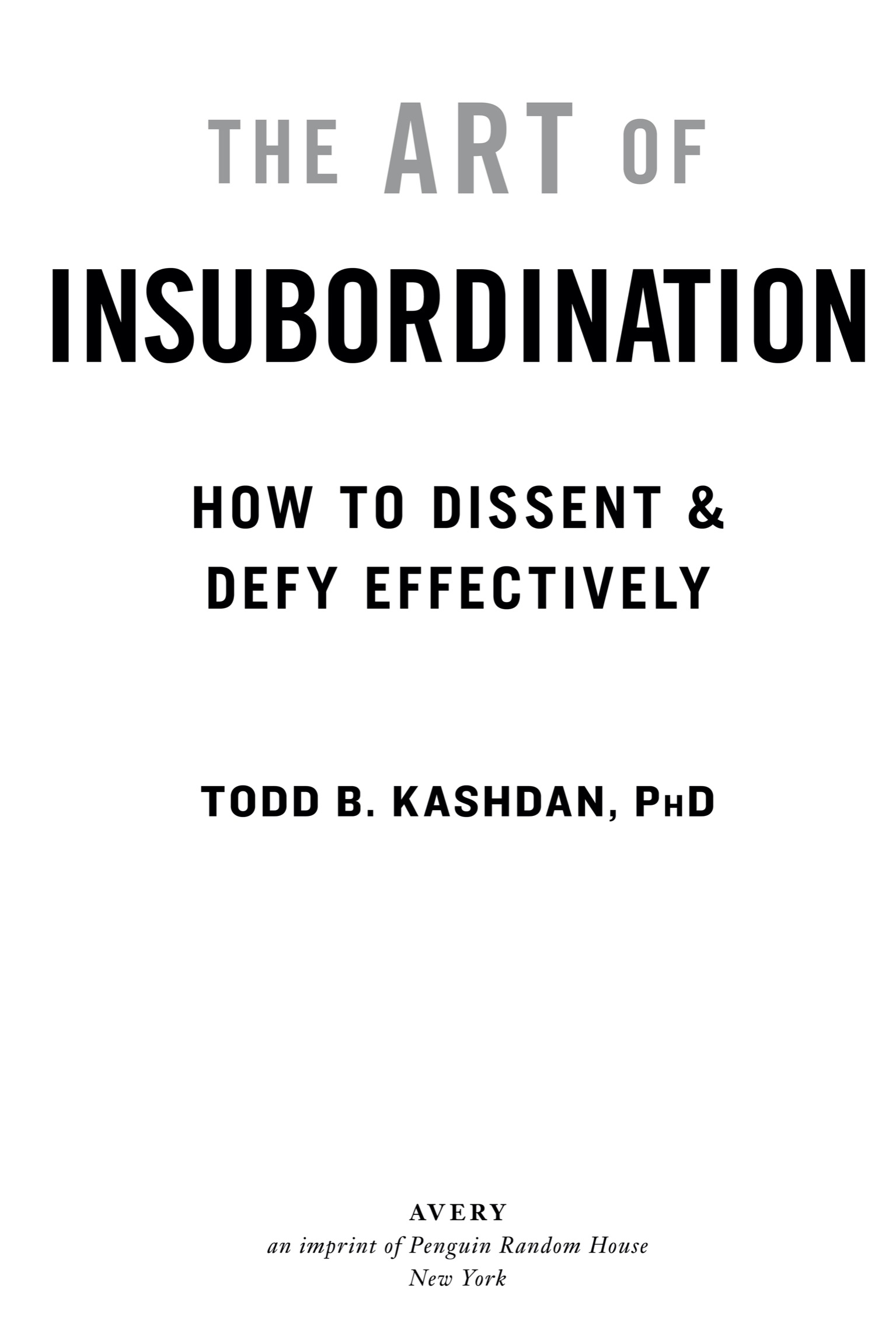
an imprint of Penguin Random House LLC
penguinrandomhouse.com
Copyright 2022 by Todd Kashdan, Ph.D.
Penguin supports copyright. Copyright fuels creativity, encourages diverse voices, promotes free speech, and creates a vibrant culture. Thank you for buying an authorized edition of this book and for complying with copyright laws by not reproducing, scanning, or distributing any part of it in any form without permission. You are supporting writers and allowing Penguin to continue to publish books for every reader.
Library of Congress Cataloging-in-Publication Data
Names: Kashdan, Todd B., author.
Title: The art of insubordination: how to dissent and defy effectively / by Todd B. Kashdan, PhD
Description: New York: Avery, [2021] | Includes bibliographical references.
Identifiers: LCCN 2021017338 (print) | LCCN 2021017339 (ebook) | ISBN 9780593420881 (hardcover) | ISBN 9780593420898 (ebook)
Subjects: LCSH: Conformity. | Dissenters. | Creative thinking. | Diffusion of innovations. | Persuasion (Psychology). | Interpersonal communication.
Classification: LCC HM1246 .K38 2021 (print) | LCC HM1246 (ebook) | DDC 303.3/2dc23
LC record available at https://lccn.loc.gov/2021017338
LC ebook record available at https://lccn.loc.gov/2021017339
Book design by Silverglass Studio, adapted for ebook by Estelle Malmed
Cover design: Jess Morphew
Cover images: (balloon over waterfall) Lightspring / Shutterstock; (dark clouds) Sabphoto / Shutterstock; (blue sky) DaniLana / Shutterstock; (paper boats) Nora Carol Photography / Moment / Getty Images
pid_prh_6.0_139196629_c0_r0
To my three daughters, Raven, Chloe, and Violet.
My hope is you are empowered to rebel against every norm, rule, order, and authority figure that warrants insubordination, and you live life on your own terms.
One of my life ambitions is to ensure this happens.
Contents
Preface: Is This Book for You?
This book is for anyone who believes that at least some elements of conventional wisdom and practice require urgent improvement. Its for anyone who yearns to see more justice in the world. More freedom. More financial stability. More purpose. More community. More humanity. Its for anyone who understands the value of non-conformity and recognizes that we desperately need freethinkers willing to disrupt unhelpful norms for the sake of progress. (Oh, yeah, and its also a book for people who dont take themselves too seriously and think its okay to laugh, cuss, and have a little fun while changing the world.)
PART I
IN PRAISE OF INSUBORDINATION
CHAPTER
The Critical Importance of Cartwheeling in the Library
Despite what you learned in high school, Charles Darwin didnt invent the theory of evolution. Okay, maybe he did, but he didnt do it alone. In the preface to On the Origin of Species by Means of Natural Selection, the awkwardly titled book that would change the world, Darwin listed thirty men who previously mustered the courage to question intellectual and religious orthodoxies about nature.
These characters paid a steep price for their boldness. Have you heard of Abu Uthman Amr ibn Bahr al-Kinani al-Fuqaimi al-Basri (nicknamed Al-Jahiz)? Good luck finding a refrigerator magnet of him. Muslim scholars refer to Al-Jahiz as the father of the theory of evolution, and for good reason: he arrived at the notion of survival of the fittest a thousand years before Darwin, in the year 860. Al-Jahiz wondered why certain animals imported from Africa and Asia to what is now Iraq easily adapted to their new environment whereas others caught illnesses and perished. His reward for this biological discovery was arrest and banishment from his native land. And he was lucky. The chief Muslim ruler of Baghdad got downright medieval on the wealthy patron funding Al-Jahizs research. Military officials imprisoned Al-Jahizs patron and executed him inside an iron maiden (a spike-laden metal coffin that impaled victims when the doors closed).
Youd think scientists would take a hint and keep their strange and dangerous theories to themselves. About seven hundred years later, in the 1500s, a French scientist named Bernard Palissy dared question the Catholic Churchs proclamation that the Earth was only a few thousand years old. Noting that tides and winds required long periods of time to visibly alter the landscape, Palissy argued that our planet was much older than a few thousand years (how much older he refused to say). Palissy also proposed that an elephant thousands of years ago would not be the same as an elephant today. This concept of species transformation across generations was heresy. His reward: several arrests, a spate of flogging, and destruction of his books. Oh, and they burned him at the stake.
Others on Darwins list received better treatmentthe authorities spared them death or ostracismbut nobody would characterize their lives as rainbows and gumdrops. They were denounced as infidels. Monitored by the police. Disowned by their families. Censored. Physically assaulted. Threatened with death. All for doubting Biblical claims that animals and humans were really created in six days, that God was really the only force responsible for their evolution, and that humans were really the zenith of Gods achievements (a rung lower than angels). Questioning orthodox beliefs made you an outsider, a threat, a heretic deserving of torture and death.
I use Darwins predecessors as an example here to highlight the price that many, if not most, dissenters, deviants, revolutionaries, rebels, and outliers pay for the sake of progress. Sometimes progress happens by happy accident, but more often a courageous person defies social norms. Somebody noticed that the existing orthodoxy in some small or large way was unhealthy, stagnant, or even dangerous, and championed a countervailing idea. And some member of the majority decided to give new ideas a fair reception instead of the middle finger. More often than not, dissent yields progress. Outlaw dissent, and you slow the speed of cultural evolution.
Darwins predecessors matter because they inspire a question: why did he succeed while they failed? Yes, Darwin received hate mail and anonymous nineteenth-century trolls called him a heathen, but his ideas found a big audience. The greatest European scientists of the nineteenth century elected him a Fellow of The Royal Society, the oldest scientific academy in existence; and awarded him the prestigious Royal Medal for his research explaining the formation of coral reefs. Popular readers loved his book of travel adventures, snazzily titled Narrative of the Surveying Voyages of His Majestys Ships Adventure and Beagle, between the Years 1826 and 1836. In a world without the Travel Channel and National Geographic, Darwins book sparked imagination and enlivened many a dinner table conversation. If highway billboard signs existed, which they didnt, his face would have adorned them selling sneakers and chocolate milk. So why was his insubordination so much more effective than those of other, like-minded thinkers around the world and across the centuries?

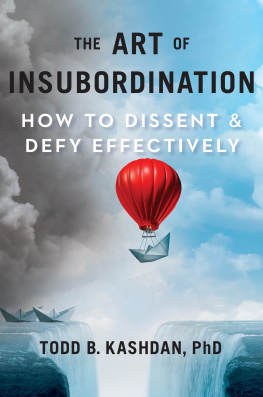

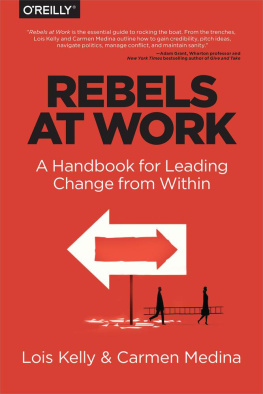


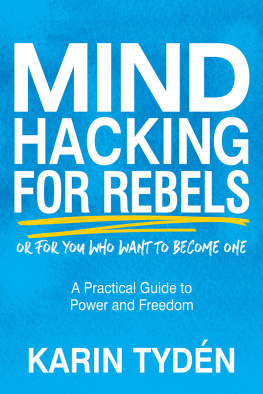
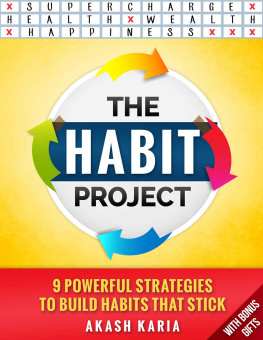

![Lois Kelly - Rebels at work: [a handbook for leading change from within]](/uploads/posts/book/215816/thumbs/lois-kelly-rebels-at-work-a-handbook-for.jpg)
